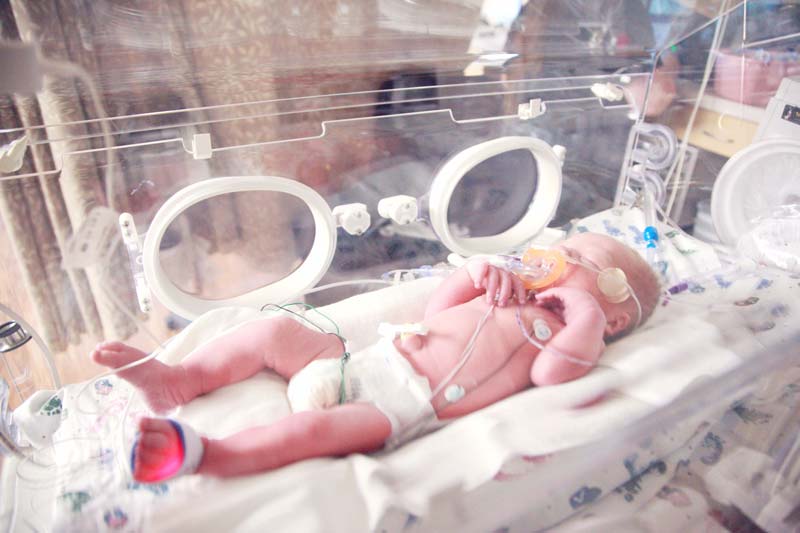There is a common saying in nursing that “nurses eat their young” which unfortunately still holds true today. New nurses are often “hazed” when they begin their career, starting as early as nursing school. Fresh-faced nurses come on the unit eager to learn, and seasoned nurses take a “trial by fire” approach while orienting. Obviously, there is a lot to learn as a new RN, but there are better ways to teach instead of intimidation. Sometimes it seems that new nurses are given the most challenging assignments, constant admissions, and aren’t offered assistance until they are drowning.
According to the American Nurses Association (ANA) between 18 to 31% of nurses report experiencing bullying at work. Workplace violence can be any activity in which the nurse feels they have experienced harm. Peer mentorships have been implemented successfully to combat workplace violence.
Nurse Mentorship
Negative workplace activities may include:
- Criticism
- Scapegoating
- Intimidation
- Withholding information
- Passive aggressiveness
- Gossiping
- Insubordination
- Bullying by fellow nurses or by nurse managers
- Verbal or physical aggression
Bullying in the workplace can have a significant impact on a nurse’s career. PACERS© has published a toolkit for empowering healthcare leaders to identify, intervene and prevent workplace bullying© at stopbullyingtoolkit.org. They acknowledge that up to 21% of nurses leave their units due to incivility.
Participating in a nurse mentorship program where experienced nurses serve as role models and instructors may be a solution to eliminate nurse bullying. The nurse mentor provides direction and assistance while encouraging independent thinking, critical reasoning, and ensures safe, effective care. Nurse mentorship programs can help create a positive, safe space to learn for new nurses. Participating in these programs can set a positive example for other nurses.
Trial by Fire
I began my career in the Neonatal Intensive Care Unit, although I was extremely grateful and excited for my new position, I was also very anxious with my new role that required keeping tiny babies alive. I already knew most of the nurses on my unit because I was a nurse extern on the mother baby floor and considered myself well liked by the staff.
After completing half of my orientation on day shift, I moved to nights and was completely caught off guard with their approach to “helping” me. I was given the busiest, most difficult assignments, attended every delivery which usually meant I had to switch assignments to admit a baby almost every shift, and had a new assignment almost every night I worked.

How to Create a Mentor Program
- Create a policy
- Hold meetings with new staff and mentors
- Take personality tests to match up mentors with mentees
- 9 month long program after orientation is completed.
- Educational component and checklist each month.
- Accompany the new nurse to unit events or conferences.
- Have mentee choose 1 to 2 nurses to ask to be their mentor.
Benefits of Mentorship in Nursing
Walden University lists 5 Benefits of Mentorship in Nursing:- Help solve problems
- Offer emotional support
- Help build confidence
- Guide career
Nurse mentorships build confidence
- Allows new nurses to build relationships with staff.
- New nurses are able to provide safe and efficient care to patients.
- Nurses also gain confidence in their role much quicker than if they were on their own.
- Having a mentor increases job satisfaction and lessens anxiety.
